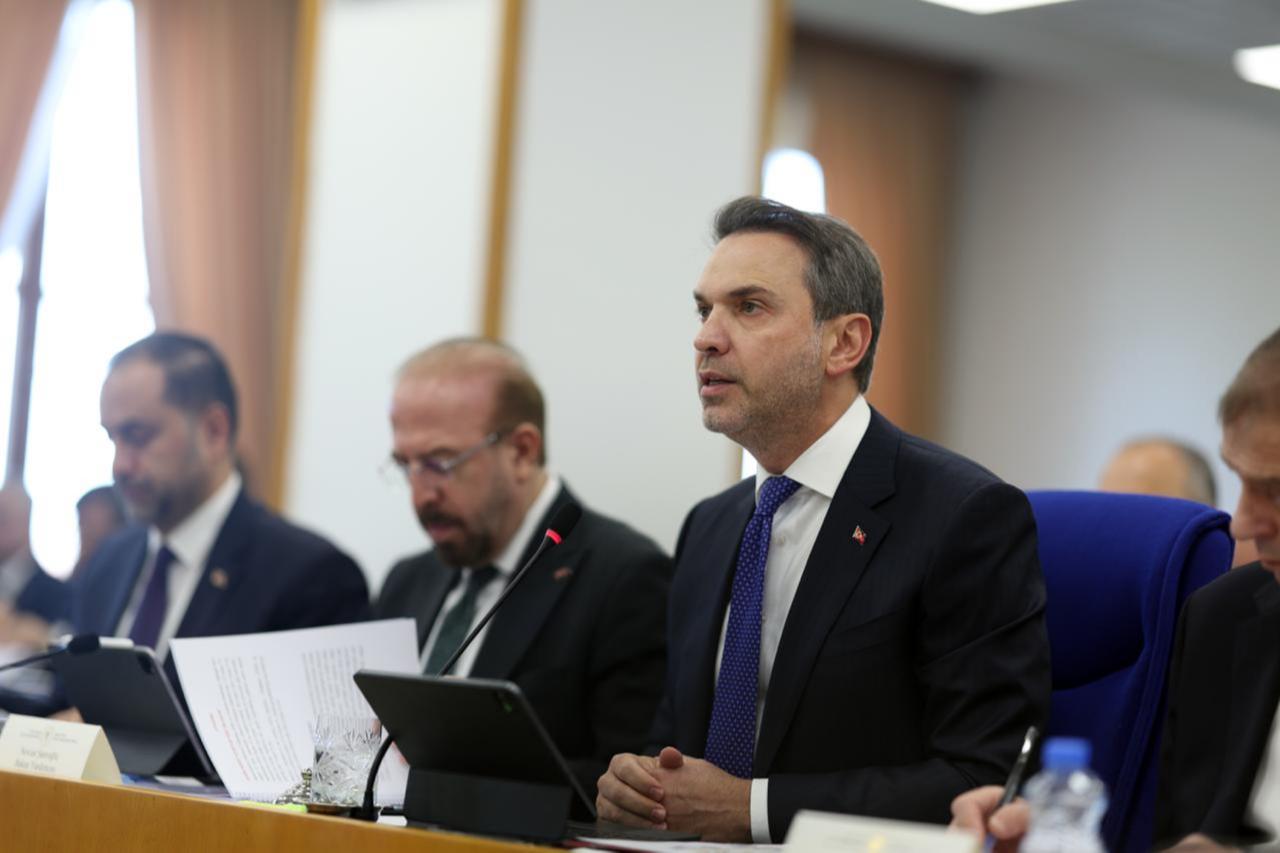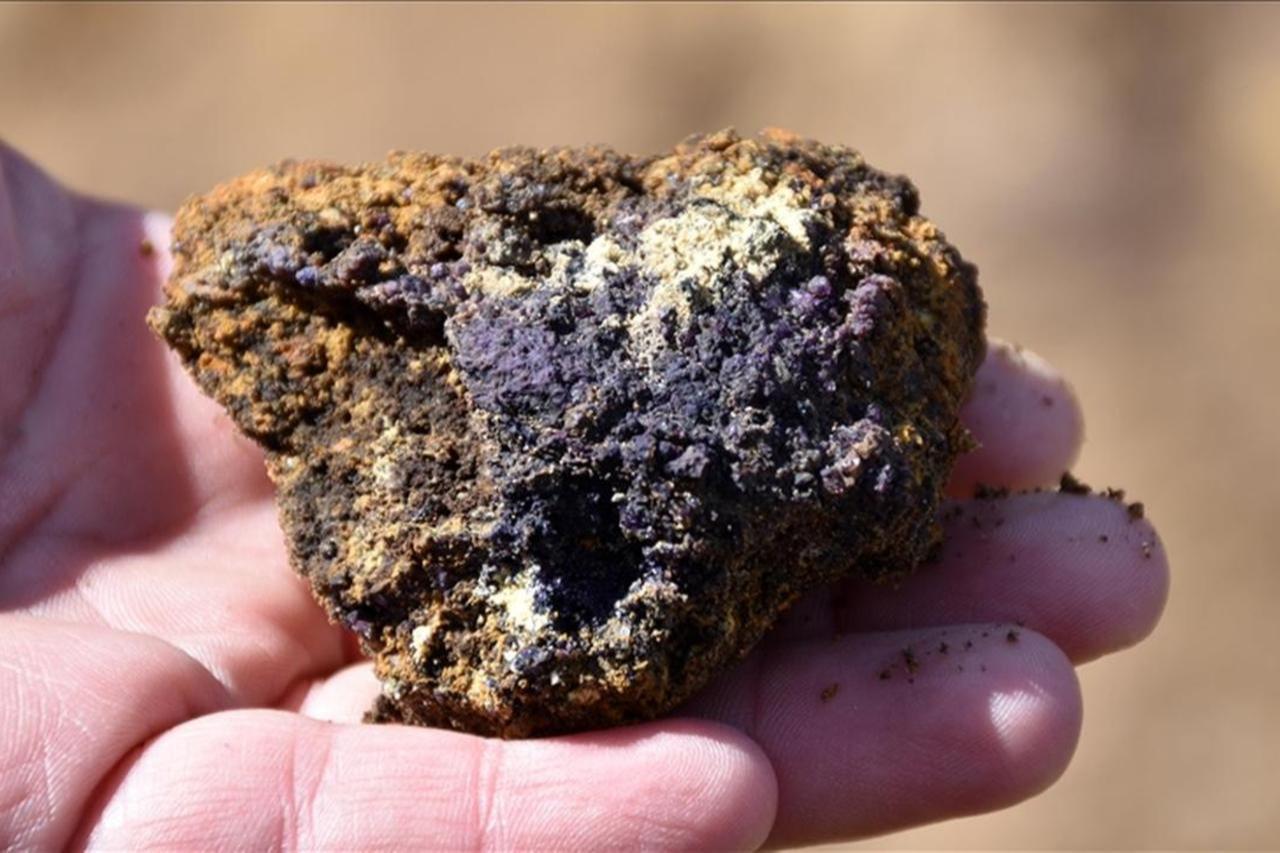
Türkiye is set to become one of the world’s top five countries in rare earth element reserves and production, Energy and Natural Resources Minister Alparslan Bayraktar told lawmakers during a parliamentary budget session on Friday.
Bayraktar said Türkiye began its rare earth research in 2011 and has since identified 694 million tons of reserves in Beylikova, a district in central Türkiye’s Eskisehir province.
"We are working toward that goal and have already started establishing a pilot production plant," Bayraktar said. "With ongoing work in Beylikova and new partnerships, Türkiye will soon take its place among the leading countries in rare earth element production."
Rare earth elements—a group of 17 metals vital for electric vehicles, wind turbines, semiconductors, and defense systems—are a strategic commodity in global supply chains, largely controlled by China, which accounts for about 90% of production and has been at the center of trade tensions with the United States this year, emerging as a key issue for major technology companies.
Bayraktar reiterated that Türkiye did not grant its rare earth site to the United States, dismissing an earlier Bloomberg report suggesting that Ankara sought a partnership with Washington to develop newly discovered rare earth deposits.
"We have not sent rare earth elements to the U.S. We only signed a nuclear cooperation agreement. If there were any rare earth-related exports, we would disclose them openly," he said.
The minister also addressed broader concerns about Türkiye’s mining policy, stating that the country has canceled approximately 97,000 inactive mining licenses, leaving around 8,000 active ones. He noted that the total excavation area amounts to just 0.1% of Türkiye’s landmass, or about 783 square kilometers (302.3 miles).
Bayraktar added that the government aims to balance industrial expansion with environmental rehabilitation, nearly doubling rehabilitation budgets for mining sites.
He emphasized that Türkiye remains a net importer of minerals despite possessing the world’s seventh-largest mineral wealth.

During the session, Bayraktar also discussed Türkiye’s energy transition efforts, pointing to record growth in renewable energy. In 2025, the country replaced $11 billion worth of natural gas with power generated by solar and wind energy.
He said Türkiye plans to add 8,000 to 10,000 megawatts of new solar and wind capacity each year over the next decade—an investment expected to reach $80 billion by 2035. As part of the ministry’s 2035 Renewable Energy Roadmap, Türkiye aims to reach 120,000 megawatts of installed renewable energy capacity. As of September 2025, renewables account for 74,746 megawatts, representing 61.6% of the country’s total installed power capacity.
Türkiye also continues to invest in nuclear energy, with Bayraktar noting that advanced economies worldwide rely on nuclear power to meet climate goals. He reiterated that Türkiye’s nuclear plans align with global energy security and decarbonization trends.
Bayraktar stated that the ministry’s long-term focus is on strengthening Türkiye’s energy independence while supporting climate objectives and sustainable growth.